Construction workflow software is a specialized kind of software which enables the management of several processes that are involved in construction work. It incorporates several aspects of the project management process, such as, scheduling, assigning resources, documents’ management, and team cooperation. Construction workflow software makes it easier to avoid disappointments and mistakes that may be caused by different people handling similar but repetitive tasks at different times. For project managers, it enables information gathering relating to schedule development, the evaluation of the project’s status, the identification of resource requirements, and the assessment of budget and time control. This is a must-have software for every construction organization especially with the view to achieving proper project delivery in terms of time, price, and quantity.
Not all Construction Workflow Softwares are the same
Construction workflow software solutions are not one-size-fits-all. While traditional platforms offer basic features for managing construction processes, advanced solutions like Nected introduce a dynamic and flexible approach tailored to the unique challenges of the construction industry.
These solutions typically provide a centralized platform for tasks like project planning, scheduling, document management, and communication. However, they often lack the agility to adapt to the ever-changing nature of construction projects. On the other hand, advanced construction workflow software like Nected leverages a powerful workflow automation engine that allows you to build custom workflows tailored to your specific needs. This approach addresses many limitations of traditional software:
1. Low-Code/No-Code Workflow Building: You can create workflows by connecting various nodes (without writing complex code), each representing a specific task or action, such as data processing, logical operations, or external system integration. This modular, low-code/no-code approach allows for the creation of intricate, operational workflows that seamlessly integrate with diverse systems.
2. Customizable Business Logic: Advanced solutions enable you to define conditions and specify corresponding actions through rule nodes, without the need for extensive coding. This feature facilitates the creation of dynamic workflows that can adapt to various scenarios and conditions.
3. Seamless Integration: These platforms are designed to integrate seamlessly with a wide range of construction-specific tools and technologies, such as Building Information Modeling (BIM) platforms, computer-aided design (CAD) software, and enterprise resource planning (ERP) systems, ensuring smooth data flow and collaboration across different disciplines.
4. User-Friendly Interfaces: Advanced construction workflow software features intuitive, non-technical interfaces that reduce the learning curve and dependence on specialized expertise, enabling efficient adoption across construction teams.
5. Robust Security and Compliance: These solutions provide robust access control, audit trails, and compliance features, ensuring data security and adherence to industry regulations and best practices.
6. Testing and Deployment: Solutions like Nected allow you to test workflows in a staging environment before deploying them to production, ensuring that workflows are thoroughly validated and function as expected before going live.
7. Version Control and Rollback: With advanced version control capabilities, you can track changes to your workflows, view diffs between versions, and roll back to previous versions if needed, providing flexibility and control over the workflow development process.
Before adopting advanced construction workflow software solutions, construction firms should assess their specific needs, integration requirements, and the potential for scalability and flexibility offered by modern solutions. Additionally, evaluating vendor support, industry expertise, and the overall cost-benefit analysis is crucial.
In today's dynamic construction landscape, embracing advanced workflow software solutions can be a game-changer, enabling construction firms to streamline processes, enhance collaboration, and deliver projects more efficiently while maintaining high standards of quality and safety.
Top 7 Construction Workflow Software - Detailed Overview
Construction projects often involve complex workflows, numerous stakeholders, and a vast amount of data. Effective construction workflow software can streamline processes, enhance collaboration, and improve overall project efficiency. In this detailed overview, we'll explore the top seven construction workflow software solutions, highlighting their key features, pros, and cons which may help you in selecting the construction workflow software that is fit for your organization.
1. ArchDesk
ArchDesk is a cloud-based construction management software that streamlines workflows and enhances collaboration among project stakeholders. What makes Archdesk special is that the system is highly configurable. It means Archdesk adapts to the way you work, not the other way around. The workflows are created based on your company's structure, addressing all your needs. ArchDesk's intuitive interface and mobile accessibility make it a popular choice for construction teams seeking efficient workflow management.
Key Features:
- Project planning and scheduling
- Document management
- Task assignment and tracking
- Real-time communication tools
- Mobile accessibility
Pros:
- Intuitive and user-friendly interface
- Facilitates seamless collaboration among team members
- Comprehensive reporting and analytics capabilities
- Integration with popular construction tools
Cons:
- Limited customization options for advanced workflows
- Recurring costs for cloud-based subscription model
Nected Vs ArchDesk
| Features | Nected | ArchDesk |
| User-friendly interface | ✅ | ✅ |
| No-code workflow creation | ✅ | ❌ |
| Integration with multiple systems | ✅ | ✅ |
| Custom code integration | ✅ | ❌ |
| Real-time monitoring and alerts | ✅ | ✅ |
| Dedicated support | ✅ | ✅ |
| Scalability | ✅ | ❌ |
| Cost-effectiveness | ✅ | ❌ |
ArchDesk's user-friendly interface and collaborative features make it a suitable choice for construction firms seeking to streamline their workflows and enhance team coordination. With its cloud-based architecture and mobile accessibility, ArchDesk enables construction teams to stay connected and productive, regardless of their location. However, firms with more complex workflow requirements may find ArchDesk's customization options limiting.
2. Monday
While not specifically designed for the construction industry, Monday.com is a versatile work management platform that can be adapted to construction workflows. It offers customizable project boards, task assignments, file sharing, and integrations with various construction tools. Monday.com's user-friendly interface and flexibility make it a viable option for construction firms seeking a streamlined workflow solution.
Key Features:
- Customizable project boards and task management
- File sharing and document management
- Integrations with various construction tools
- Collaborative workspace and communication channels
Pros:
- Highly flexible and adaptable to different project needs
- Intuitive and visually appealing interface
- Robust integration capabilities
- Suitable for teams of various sizes
Cons:
- Steep learning curve for advanced features
- Limited industry-specific features for construction workflows
- Pricing can be costly for small or medium enterprises
Nected Vs Monday
Features | Nected | Monday |
User-friendly interface | ✅ | ✅ |
No-code workflow creation | ✅ | ✅ |
Integration with multiple systems | ✅ | ✅ |
Custom code integration | ✅ | ❌ |
Real-time monitoring and alerts | ✅ | ✅ |
Dedicated support | ✅ | ✅ |
Scalability | ✅ | ❌ |
Cost-effectiveness | ✅ | ❌ |
Monday.com's flexibility and adaptability make it a viable option for construction firms seeking a user-friendly platform to manage their workflows, especially for smaller teams or projects. With its visually appealing interface and integration capabilities, Monday.com can serve as a central hub for construction project management and collaboration. However, larger firms or those with more specialized construction workflow needs may find Monday.com lacking in industry-specific features.
Read Also:- How to choose the Best Workflow Automation Software?
3. Integrify
Integrify is a cloud-based construction project management software that focuses on enhancing workflow efficiency. It provides features such as project scheduling, task management, document control, and real-time reporting. Integrify's workflow automation capabilities allow for customized processes, enabling construction teams to tailor the software to their specific needs.
Key Features:
- Project scheduling and task management
- Document control and version management
- Real-time reporting and analytics
- Workflow automation and customization
Pros:
- Tailored to construction project management needs
- Robust workflow automation capabilities
- Mobile accessibility for on-site teams
- Comprehensive reporting and data visualization
Cons:
- Limited integration options with third-party tools
- User interface can be complex for some users
- Pricing structure may not be suitable for smaller projects
- Poor Scalability
Nected Vs Integrify
Features | Nected | Integrify |
User-friendly interface | ✅ | ✅ |
No-code workflow creation | ✅ | ✅ |
Integration with multiple systems | ✅ | ❌ |
Custom code integration | ✅ | ❌ |
Real-time monitoring and alerts | ✅ | ✅ |
Dedicated support | ✅ | ✅ |
Scalability | ✅ | ✅ |
Cost-effectiveness | ✅ | ❌ |
Integrify's construction-specific features and workflow automation capabilities make it a strong contender for construction firms seeking to optimize their project management processes and streamline complex workflows. With its robust reporting and analytics tools, Integrify provides valuable insights into project performance and enables data-driven decision-making. However, firms with extensive third-party tool integration needs or smaller project budgets may find Integrify less suitable.
4. Workflow Max
Workflow Max is a comprehensive construction workflow management solution designed specifically for construction firms. It offers features like project planning, task scheduling, document management, and collaboration tools. Workflow Max's strength lies in its ability to streamline complex construction processes, ensuring seamless communication and efficient task execution.
Key Features:
- Project planning and task scheduling
- Document management and version control
- Collaboration tools and real-time communication
- Field data capture and reporting
Pros:
- Streamlines complex construction processes
- Facilitates seamless communication among stakeholders
- Mobile access for on-site teams
- Integrates with various construction software
Cons:
- Limited customization options for unique workflows
- Steep learning curve for some features
- Pricing structure may be costly for smaller firms
- Limited Customer Support service
Nected Vs WorkflowMax
Features | Nected | WorkflowMax |
User-friendly interface | ✅ | ✅ |
No-code workflow creation | ✅ | ✅ |
Integration with multiple systems | ✅ | ✅ |
Custom code integration | ✅ | ❌ |
Real-time monitoring and alerts | ✅ | ❌ |
Dedicated support | ✅ | ✅ |
Scalability | ✅ | ✅ |
Cost-effectiveness | ✅ | ❌ |
With its construction-centric features and focus on streamlining complex processes, Workflow Max is an excellent choice for construction firms seeking a comprehensive solution to manage their workflows and enhance collaboration among teams. Its mobile accessibility and integration capabilities ensure seamless data flow between field teams and project stakeholders. However, firms with highly specialized workflow requirements or limited budgets may find Workflow Max's customization options and pricing structure less suitable.
5. Revizto
Revizto is a construction issue management and collaboration platform that focuses on streamlining workflows related to quality control, defect management, and on-site coordination. It provides tools for creating and tracking issues, assigning tasks, and sharing project data among team members. Revizto's integration with Building Information Modeling (BIM) software enhances its workflow capabilities in the construction domain.
Key Features:
- Enhances communication and collaboration among teams
- Mobile accessibility for field teams
- Integration with BIM tools for seamless data flow
Pros:
- Specialized in construction quality management
- Enhances communication and collaboration among teams
- Mobile accessibility for field teams
- Integration with BIM tools for seamless data flow
Cons:
- Limited project management capabilities beyond quality control
- Steep learning curve for advanced features
- Pricing structure may not be suitable for smaller projects
Nected Vs Revizto
Features | Nected | Revizto |
User-friendly interface | ✅ | ✅ |
No-code workflow creation | ✅ | ✅ |
Integration with multiple systems | ✅ | ❌ |
Custom code integration | ✅ | ❌ |
Real-time monitoring and alerts | ✅ | ✅ |
Dedicated support | ✅ | ❌ |
Scalability | ✅ | ✅ |
Cost-effectiveness | ✅ | ❌ |
Revizto's specialization in quality control and defect management, coupled with its BIM integration capabilities, make it an attractive choice for construction firms prioritizing quality assurance and on-site coordination workflows. Its real-time collaboration features and mobile accessibility ensure seamless communication among stakeholders, enabling prompt issue resolution and efficient quality management. However, firms seeking more comprehensive project management capabilities beyond quality control may need to explore additional software solutions.
6. Reflow
Reflow is a construction project management software that emphasizes workflow automation and process optimization. It offers features like project planning, task management, document control, and real-time reporting. Reflow's strength lies in its ability to create customizable workflows, enabling construction teams to tailor the software to their specific processes.
Key Features:
- Project planning and task management
- Customizable workflow automation
- Document control and version management
- Real-time reporting and analytics
Pros:
- Highly customizable workflows for unique project needs
- Facilitates process optimization and efficiency
- Mobile accessibility for field teams
- Comprehensive reporting and data visualization
Cons:
- Limited collaboration and communication features
- Steep learning curve for advanced workflow customization
- Integration options with third-party tools may be limited
Nected Vs Reflow
Features | Nected | Reflow |
User-friendly interface | ✅ | ✅ |
No-code workflow creation | ✅ | ✅ |
Integration with multiple systems | ✅ | ❌ |
Custom code integration | ✅ | ❌ |
Real-time monitoring and alerts | ✅ | ✅ |
Dedicated support | ✅ | ❌ |
Scalability | ✅ | ✅ |
Cost-effectiveness | ✅ | ❌ |
For construction firms seeking to optimize their workflows and streamline processes, Reflow's customizable automation capabilities and focus on efficiency make it a compelling choice. With its robust reporting and analytics tools, Reflow provides valuable insights into project performance and enables data-driven decision-making. However, firms with extensive collaboration and communication needs or those requiring seamless integration with third-party tools may find Reflow's capabilities limited in those areas.
7. Sitemate
Sitemate is a construction workflow management solution that focuses on field operations and site management. It provides features like daily reporting, quality control, safety management, and workflow automation. Sitemate's mobile capabilities allow for real-time data capture and streamlined communication between field teams and project managers, enhancing workflow efficiency on construction sites.
Key Features:
- Daily reporting and site documentation
- Quality control and safety management
- Workflow automation for field operations
- Mobile capabilities for on-site teams
Pros:
- Tailored to construction site management needs
- Streamlines field operations and data capture
- Mobile-first approach for on-site accessibility
- Robust safety and quality control features
Cons:
- Limited project management capabilities beyond site operations
- Reporting and analytics features may be less comprehensive
- Integration options with other construction software may be limited
Nected Vs Sitemate
Features | Nected | Sitemate |
User-friendly interface | ✅ | ✅ |
No-code workflow creation | ✅ | ✅ |
Integration with multiple systems | ✅ | ❌ |
Custom code integration | ✅ | ❌ |
Real-time monitoring and alerts | ✅ | ✅ |
Dedicated support | ✅ | ✅ |
Scalability | ✅ | ✅ |
Cost-effectiveness | ✅ | ❌ |
Sitemate's specialized focus on field operations and site management, coupled with its mobile capabilities and safety features, make it an excellent choice for construction firms seeking to optimize their on-site workflows and ensure compliance with safety standards. With its mobile-first approach, Sitemate empowers field teams to capture data and report on site activities in real-time, enhancing productivity and enabling better decision-making. However, firms requiring more comprehensive project management capabilities or extensive reporting and analytics may need to explore additional solutions to complement Sitemate's offerings.
When evaluating these construction workflow software solutions, it's essential to consider your specific project requirements, team size, budget, and integration needs. Additionally, exploring free trials, demos, and user reviews can provide valuable insights into the software's suitability for your construction workflow management needs.
How to Choose the Best Construction Workflow Software?
Selecting the right construction workflow software is crucial for streamlining processes, enhancing collaboration, and ensuring project success. When evaluating potential solutions, consider the following key factors:
Process Integration: Assess the software's ability to integrate with existing construction tools and systems, such as project management platforms, Building Information Modeling (BIM) software, and enterprise resource planning (ERP) systems. Seamless integration can improve data flow and minimize disruptions to established workflows.
Workflow Customization: Evaluate the level of customization the software offers. Construction projects often have unique workflows, and the ability to tailor the software to your specific processes can increase efficiency and productivity.
User Experience: Look for a user-friendly interface that minimizes the learning curve for your team. Intuitive navigation, visual aids, and mobile accessibility can contribute to better adoption and usage rates.
Collaboration and Communication: Ensure the software facilitates effective collaboration and communication among project stakeholders, including architects, engineers, contractors, and on-site teams. Features like real-time updates, file sharing, and task assignment can improve coordination.
Reporting and Analytics: Robust reporting and analytics capabilities are essential for tracking project progress, identifying bottlenecks, and making data-driven decisions. Look for software that provides comprehensive reporting options and customizable dashboards.
Scalability: As your construction firm grows, the workflow software should be able to accommodate increasing project complexity and team sizes. Assess the software's scalability to ensure it can adapt to your future needs.
Support and Training: Consider the level of support and training provided by the software vendor. Responsive customer support, comprehensive documentation, and training resources can facilitate smoother implementation and ongoing usage.
Cost and Pricing Model: Evaluate the software's pricing model, including upfront costs, recurring fees, and any additional expenses for customizations or integrations. Ensure the cost aligns with your budget and the value it delivers to your construction operations.
Vendor Reputation and Reviews: Research the vendor's reputation in the construction industry, read user reviews, and seek recommendations from industry peers. A reputable vendor with a proven track record can provide better support and ensure the software's long-term viability.
By carefully considering these factors and aligning them with your construction firm's specific needs and requirements, you can select the best construction workflow software to optimize your processes, enhance collaboration, and drive project success.
Ratings of Discussed Construction Workflow Software
To assist in evaluating the discussed construction workflow software solutions, we have provided a rating based on six key parameters: Integration Capabilities, Workflow Customization, Community Support, Performance, Ease of Use, and Documentation. Each parameter is rated on a scale of 1 to 10, with a higher score indicating a stronger offering.
Software | Integration Capabilities | Workflow Customization | Community Support | Performance | Ease of Use | Documentation | Overall Rating |
ArchDesk | 8 | 7 | 7 | 8 | 9 | 8 | 7.8 |
Monday.com | 9 | 8 | 8 | 8 | 9 | 8 | 8.3 |
Integrify | 7 | 9 | 7 | 8 | 7 | 8 | 7.7 |
Workflow Max | 8 | 8 | 7 | 8 | 8 | 7 | 7.7 |
Revizto | 8 | 7 | 7 | 8 | 8 | 8 | 7.7 |
Reflow | 7 | 9 | 7 | 8 | 8 | 7 | 7.7 |
Sitemate | 7 | 8 | 7 | 8 | 8 | 7 | 7.5 |
Nected | 9 | 9 | 9 | 9 | 9 | 9 | 9.0 |
Integration Capabilities: Assesses the software's ability to integrate with other construction tools and systems seamlessly.
Workflow Customization: Evaluates the extent to which users can tailor the software to fit their specific construction workflows and processes.
Community Support: Looks at the availability and quality of support from the software's user community, including forums, user groups, and external resources.
Performance: Measures the efficiency and reliability of the software in executing construction workflows and processes.
Ease of Use: Gauges how user-friendly the software is, including the learning curve for new users and the complexity of the interface.
Documentation: Considers the comprehensiveness, clarity, and accessibility of instructional materials and resources provided by the software vendor.
Overall Rating: Derived from an average of the individual parameter scores, providing a holistic view of each software's strengths and suitability for construction workflow management.
While these ratings serve as a general guide, it's essential to evaluate each software solution based on your specific construction firm's needs, project requirements, and budget constraints. Additionally, exploring free trials, demos, and user reviews can provide valuable insights into the software's real-world performance and suitability for your construction workflow management needs.
Conclusion
In conclusion, implementing the right construction workflow software can be a game-changer for construction firms, streamlining processes, enhancing collaboration, and ensuring project success. With a wide range of solutions available, from user-friendly platforms like ArchDesk and Monday.com to specialized tools like Revizto and Sitemate, construction firms can find a solution tailored to their unique needs and requirements.
The key to selecting the best construction workflow software lies in a thorough evaluation of factors such as integration capabilities, workflow customization, user experience, collaboration features, reporting and analytics, scalability, support and training, cost, and vendor reputation. By carefully considering these factors and aligning them with their specific construction workflows, firms can optimize their processes, reduce errors, and deliver projects more efficiently while maintaining high standards of quality and safety. Among all the options, Nected stands out as the best construction workflow software, outshining every other solution with its powerful no-code workflow creation, seamless integration across multiple systems, real-time monitoring, dedicated support, unmatched scalability, and cost-effectiveness.
FAQs
Q1. What is construction workflow software, and how can it benefit my construction firm?
Construction workflow software is a digital solution designed to streamline and automate various processes involved in construction projects, from project planning and scheduling to document management, task assignment, and collaboration. By implementing a robust construction workflow software, construction firms can enhance efficiency, improve communication among stakeholders, reduce errors, and ensure project delivery within specified timelines and budgets.
Q2. How does construction workflow software integrate with other construction tools and systems?
Most construction workflow software solutions offer integration capabilities with popular construction tools and systems, such as Building Information Modeling (BIM) platforms, computer-aided design (CAD) software, enterprise resource planning (ERP) systems, and project management tools. These integrations enable seamless data flow and minimize manual data entry, ensuring consistent and up-to-date information across all platforms.
Q3. Can construction workflow software be customized to fit my firm's unique processes?
Yes, many construction workflow software solutions provide customization options, allowing users to tailor the software to their specific construction workflows and processes. This can include creating custom workflows, defining unique rules and conditions, and configuring the interface to suit your team's preferences and requirements.
Q4. How easy is it to implement and use construction workflow software for my construction team?
The ease of implementation and use can vary among construction workflow software solutions. Some solutions prioritize user-friendly interfaces and intuitive navigation, minimizing the learning curve for new users. Additionally, many vendors offer comprehensive documentation, training resources, and dedicated support to facilitate smoother implementation and ongoing usage.
Q5. What are the pricing models and costs associated with construction workflow software?
Construction workflow software solutions typically offer various pricing models, including upfront licensing fees, recurring subscription plans, or a combination of both. Costs can vary based on factors such as the software's features, the number of users, and any additional customizations or integrations required. It's essential to evaluate the pricing model and associated costs against your construction firm's budget and project requirements to ensure a cost-effective solution.



.svg)
.webp)



.png)





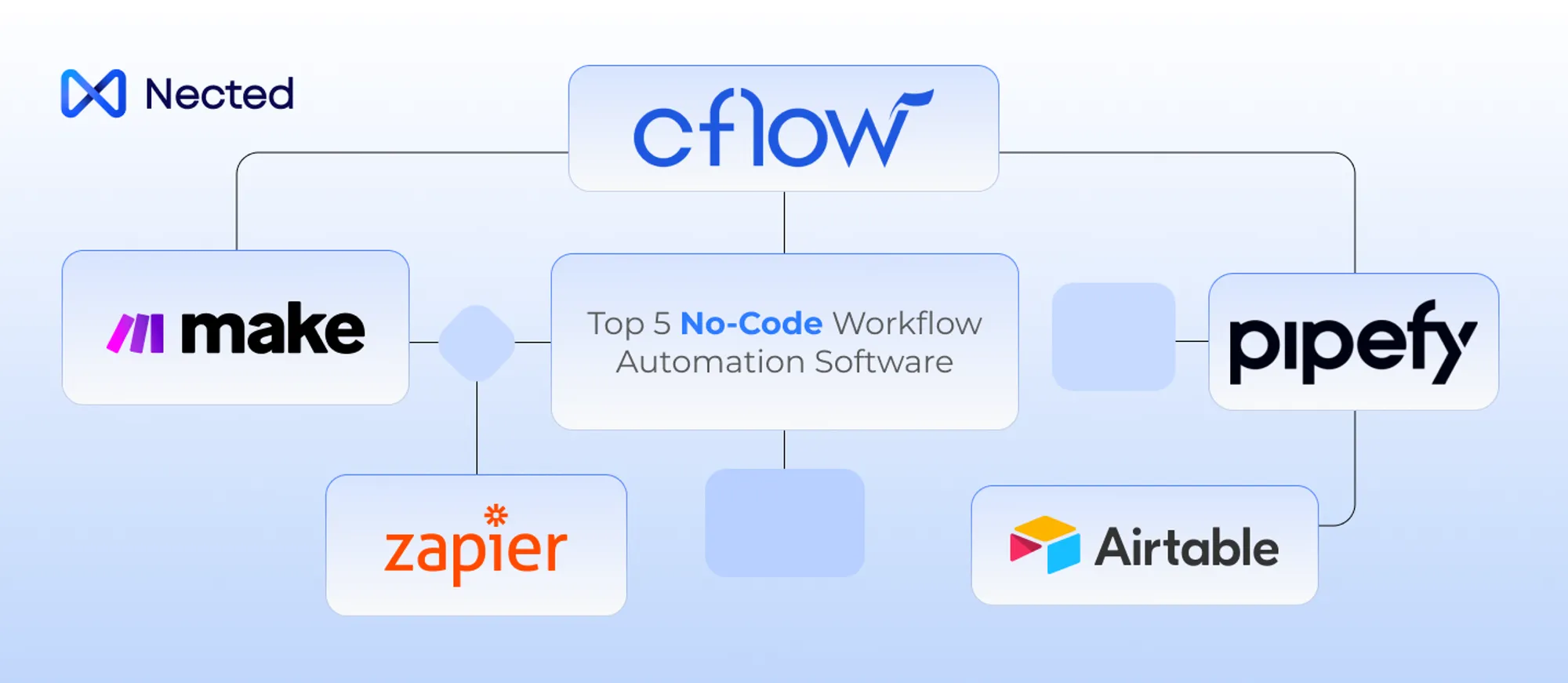
.svg.webp)


.png)

_result.webp)
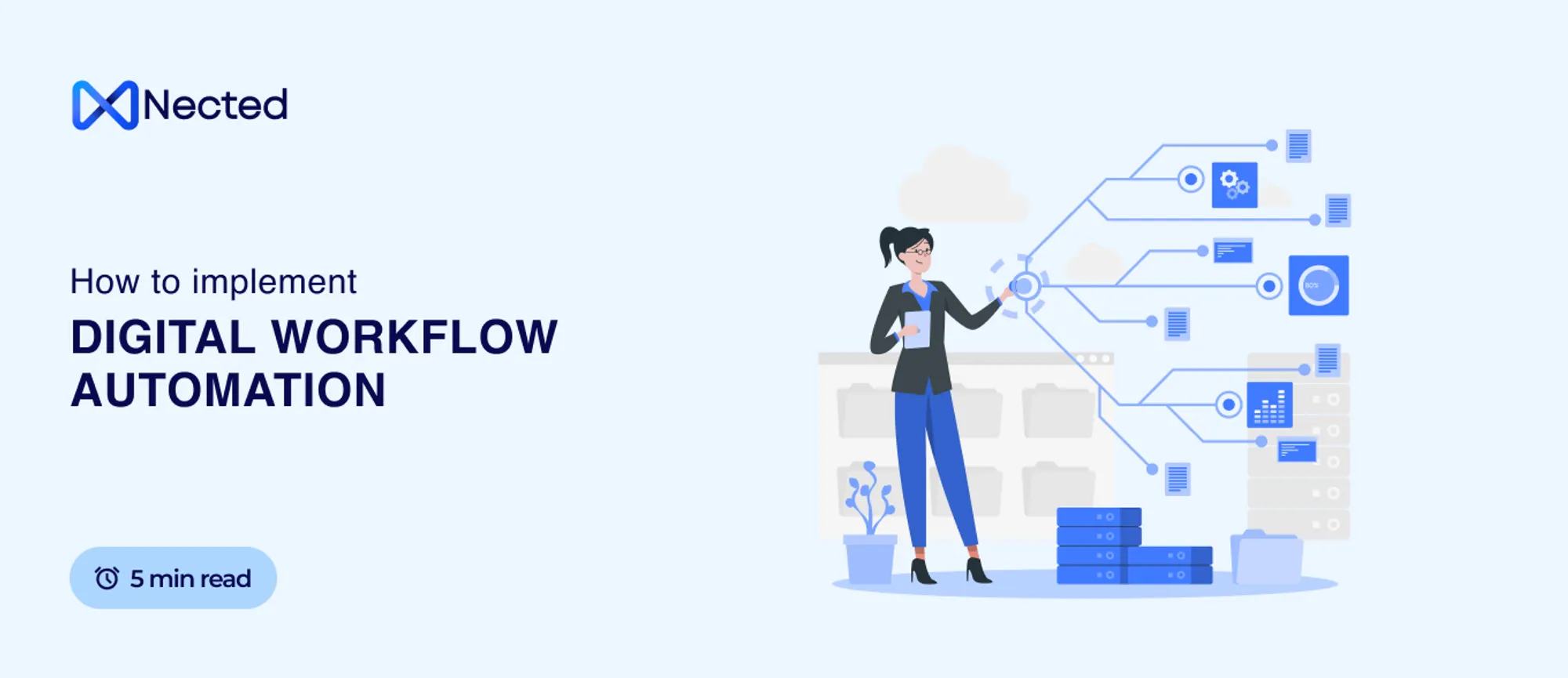
.webp)
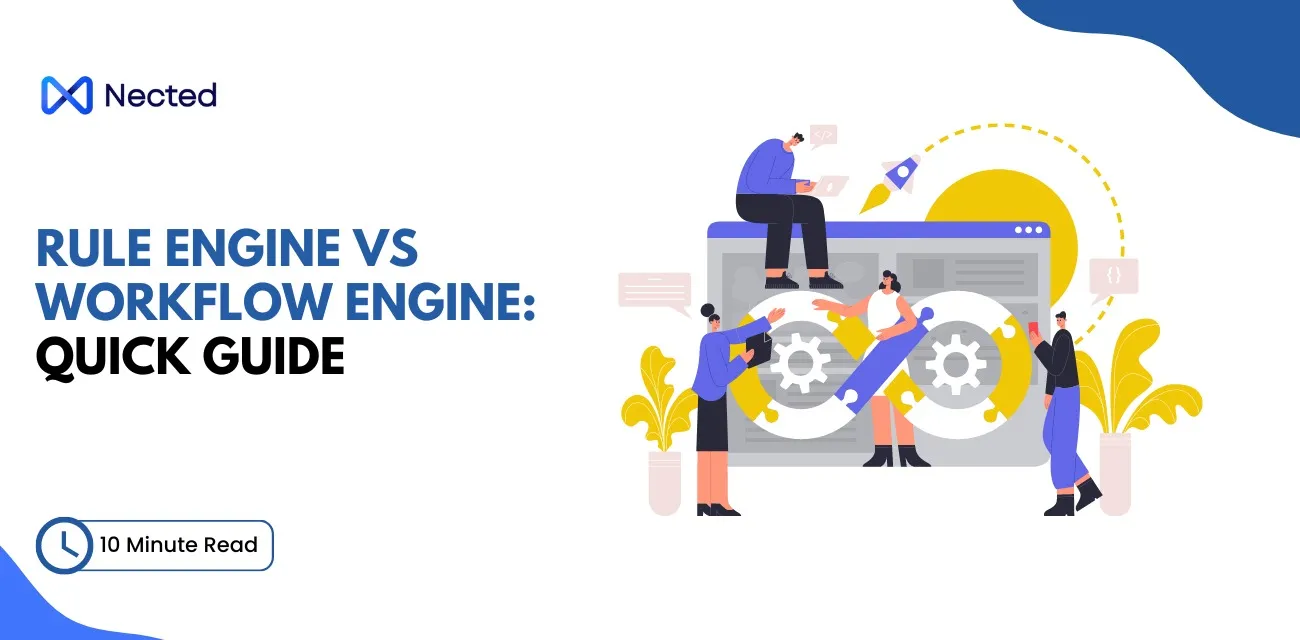
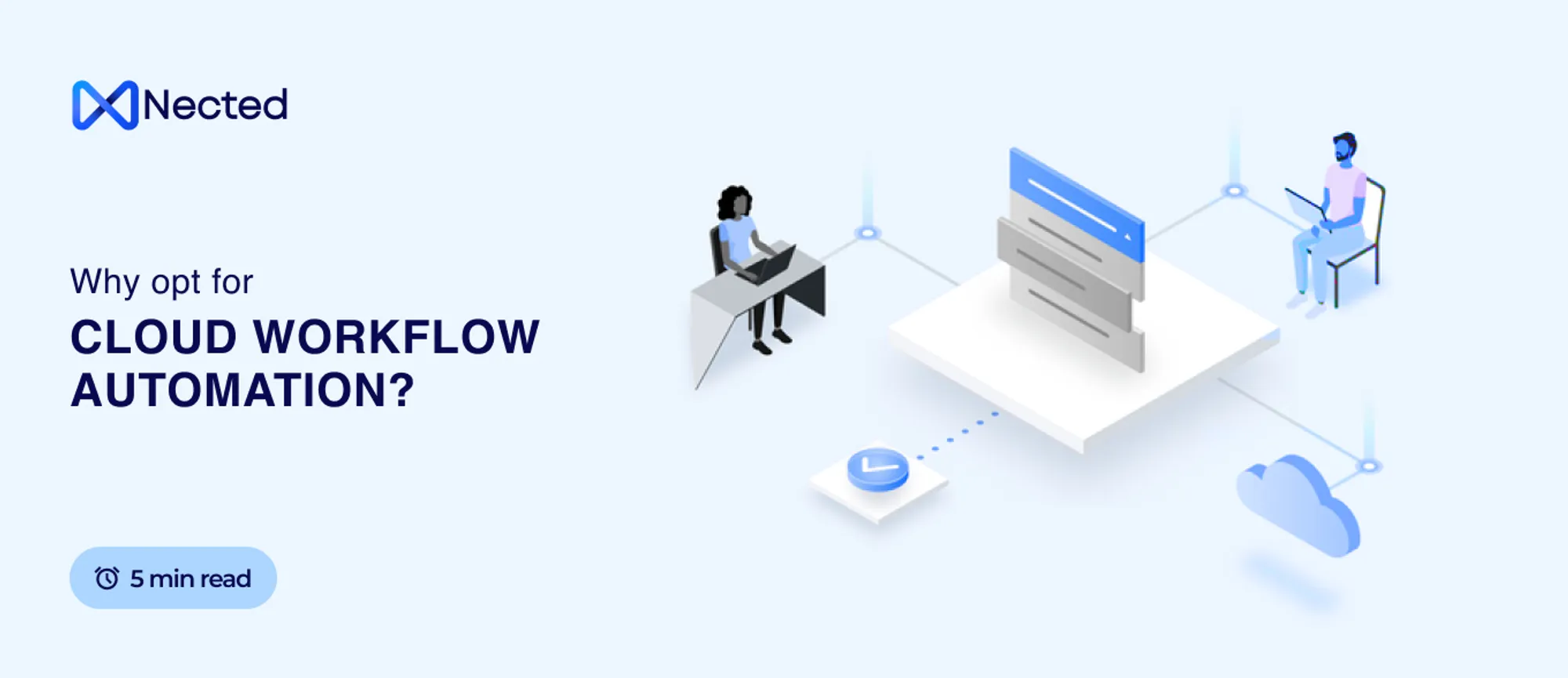
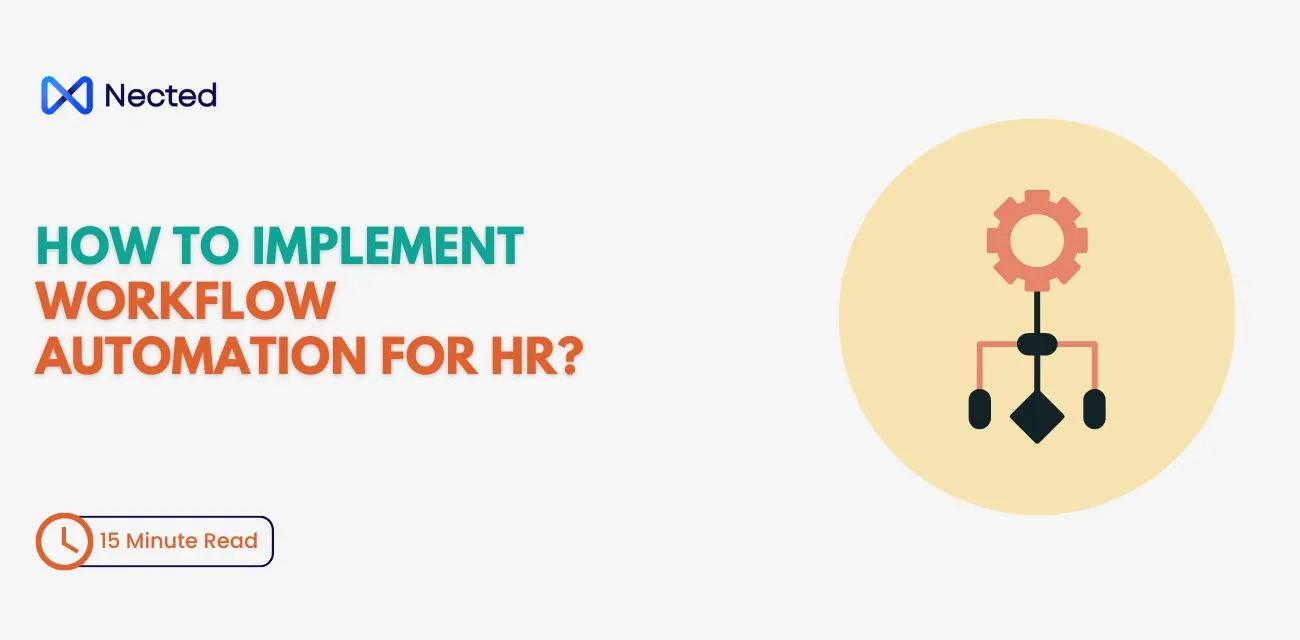
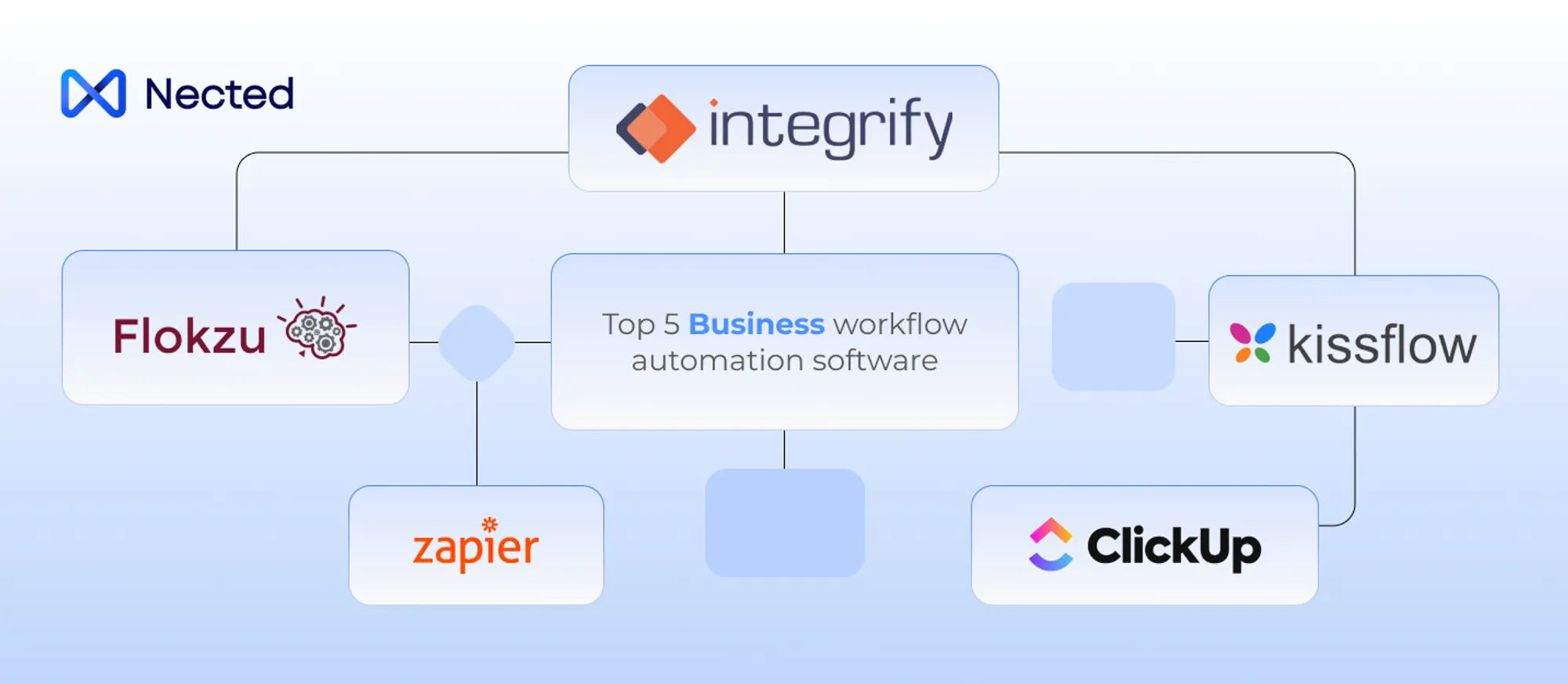
.webp)


%20m.webp)
.webp)
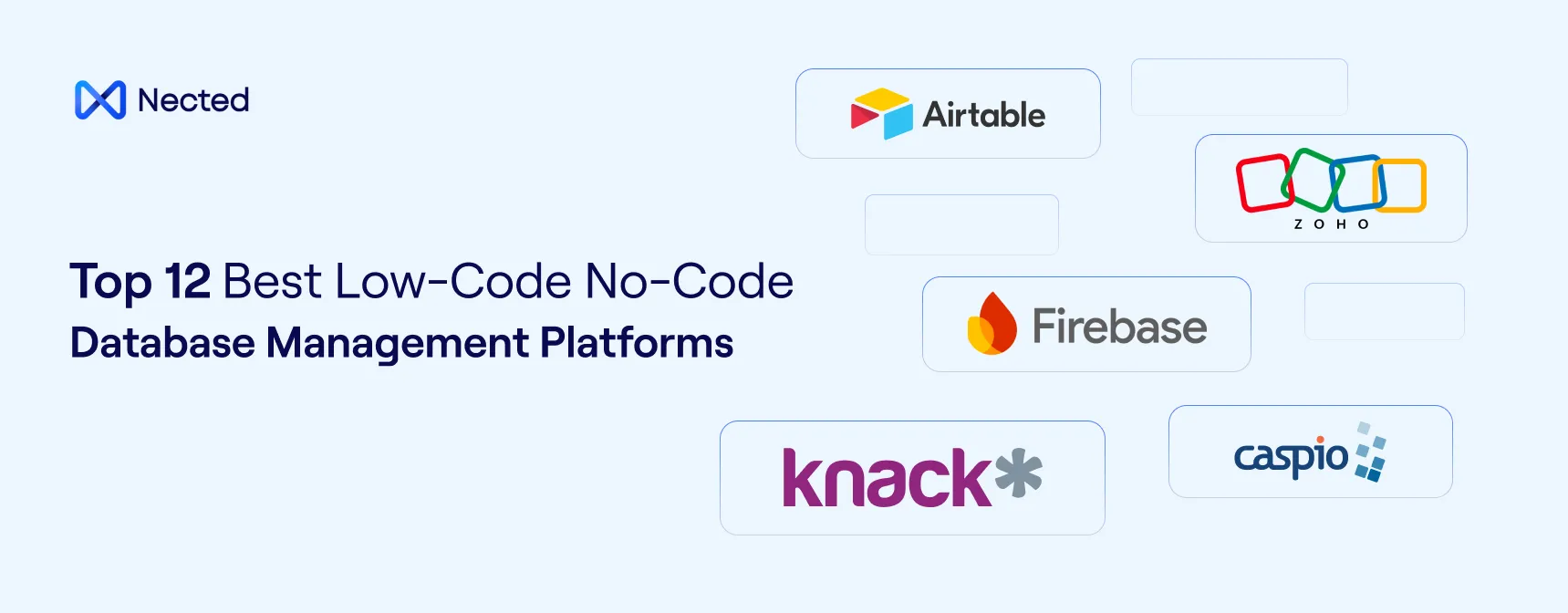

.webp)
.webp)






%20(1).webp)
